With the release of Barbie, director Greta Gerwig has seemingly done the impossible: taken a banal mainstream concept and turned it into a winner. It’s easy to forget that Gerwig has been making movies about female relationships for years.
Just a few short years ago Gerwig was considered the quintessential indie director. The 2008 festival darling Nights and Weekends really put her on the map as a director, and the 2017 Lady Bird cemented her place as a true and independent voice.
She would of course take her ambitions further into mainstream territory with the 2019 update of the Louisa May Alcott classic Little Women. With Barbie, she’s headed into new territory for everyone. Let’s take a step back, however, to a Gerwig interview from back in 2017, when she was doing press for Lady Bird, and she revealed how she managed to capture female relationships so accurately.
Quick refresh: Lady Bird stars Saoirse Ronan as a seventeen-year-old coming of age. In that pretty broad premise is a story about a young girl and her relationships with the world and the women around her.
“I’m always interested in relationships between women. I’m always interested in how women relate to each other, whether it’s a family relationship or it’s a friend relationship. That’s such uncharted territory in cinema. Usually women don’t have any relationship with each other; they just have relationships with the male protagonists.”
She makes it very simple, and when it’s put like that one does start to wonder why we haven’t seen more of this type of thing. She also tried to get past the teen ideal of having “one guy which I philosophically disagree with,” like in a John Hughes film. There’s a good guy and a bad guy. Which does she choose?
“I wanted both the satisfaction of the vividness of teenage emotion and falling in love and giving the audience that point of connection, but then also the film knows that that’s not the end all and be all, that the movie that’s playing in her head is different than the movie that she’s in which I think is often true in life. Teenagers are living out some romantic ideal and the reality is that no one’s doing it with them.”
Both of these approaches alone really set this idea of focusing on female relationships apart. The point of a Hughes movie was always the girl gets the guy, but what if it’s just about the girl’s journey?
So how did Gerwig go from being another actress to a prescient director that highlights the female point of view in a way that’s strikingly obvious and yet somehow all the more revolutionary? The same way you get good at anything: by doing the work.
“One of the great advantages of my time spent in movies and in basically every role possible both in front of the camera and behind the camera that I’ve gotten to see all these different ways that people work and the way movies are constructed from the inside out, from beginning to end. Because I didn’t go to film school this was really my training; everything from tiny things to big things.”
The heart of her approach, and again when you spell these things out they seem so obvious, but the approach is based on being a person. Sometimes, all the answers you need are right in front of you. That’s the sign of a true genius: they take the things that you know and already think about and don’t dilute them, or complicate them. It really is a delicate balance.
“Everybody’s got a family, everybody’s got a hometown, everybody understands leaving home,” she said. “It feels like it’s the thing that people can connect to from their hearts which is always my goal and I’m so pleased that people feel that way.”
Now she’s taking that approach to something about as mainstream as you can get. It’ll be interesting to see where she takes this next. Barbie is in theaters everywhere on July 21.

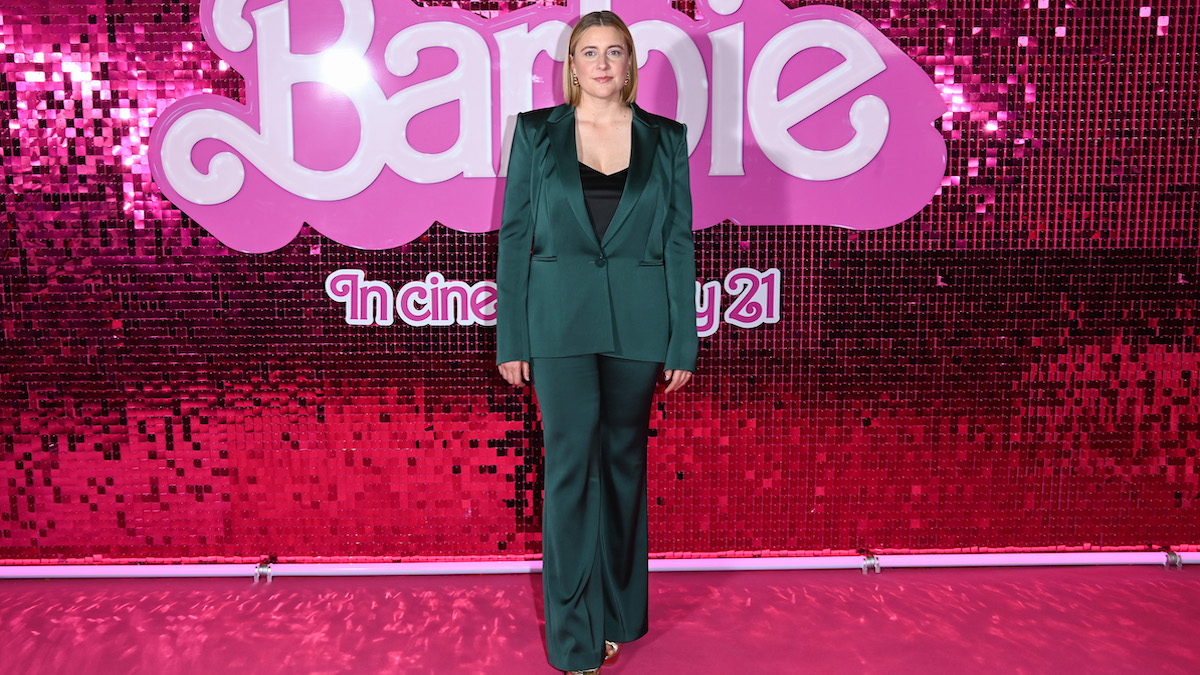
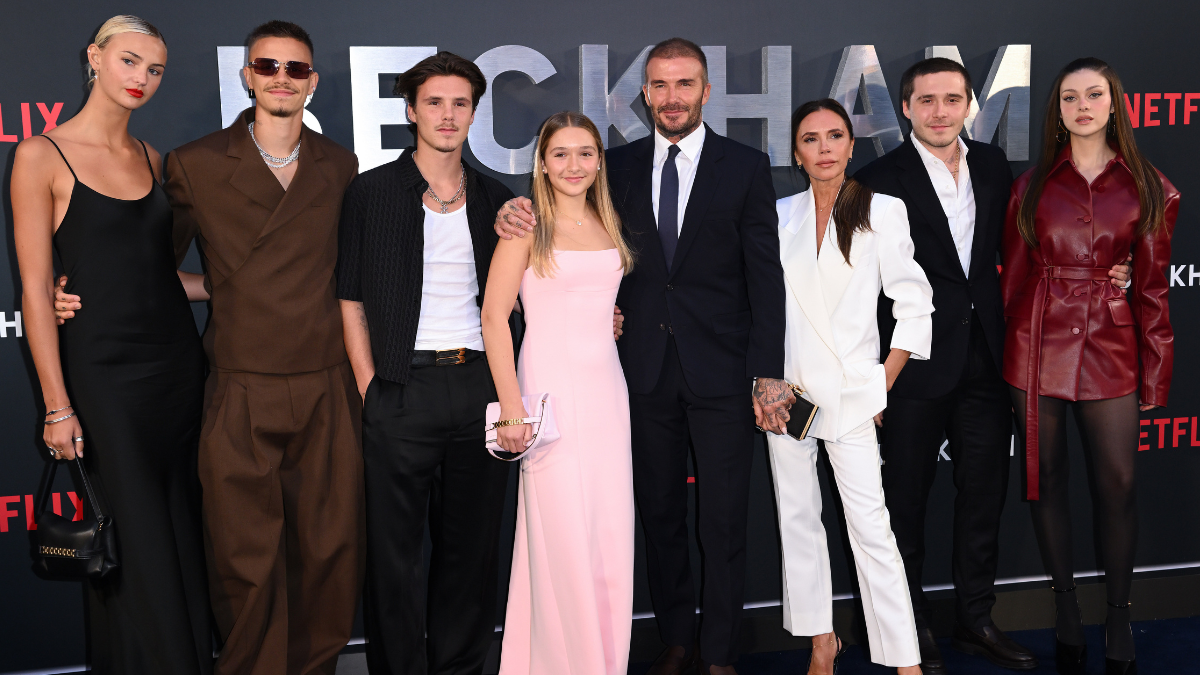
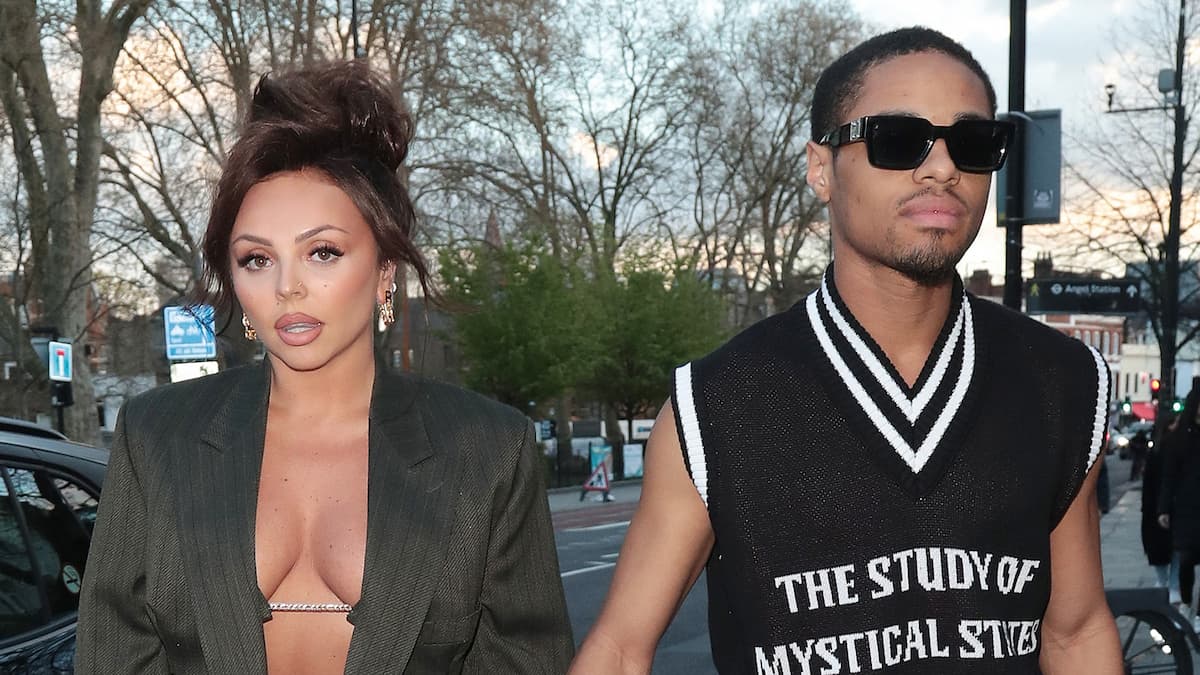



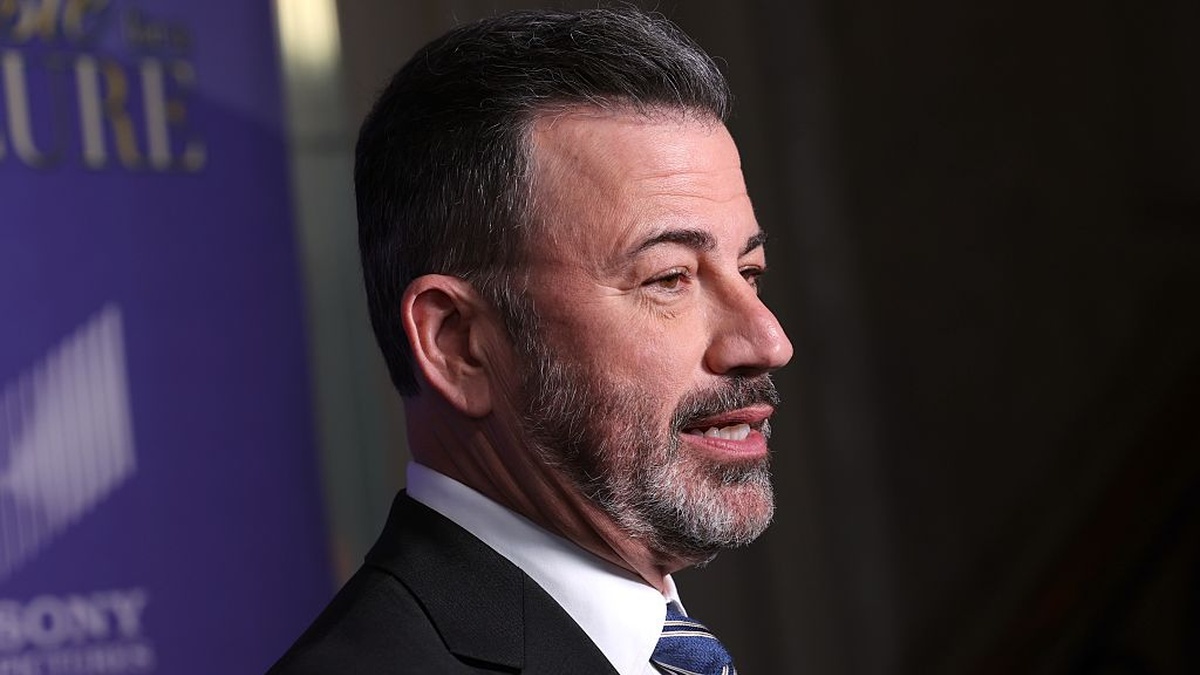
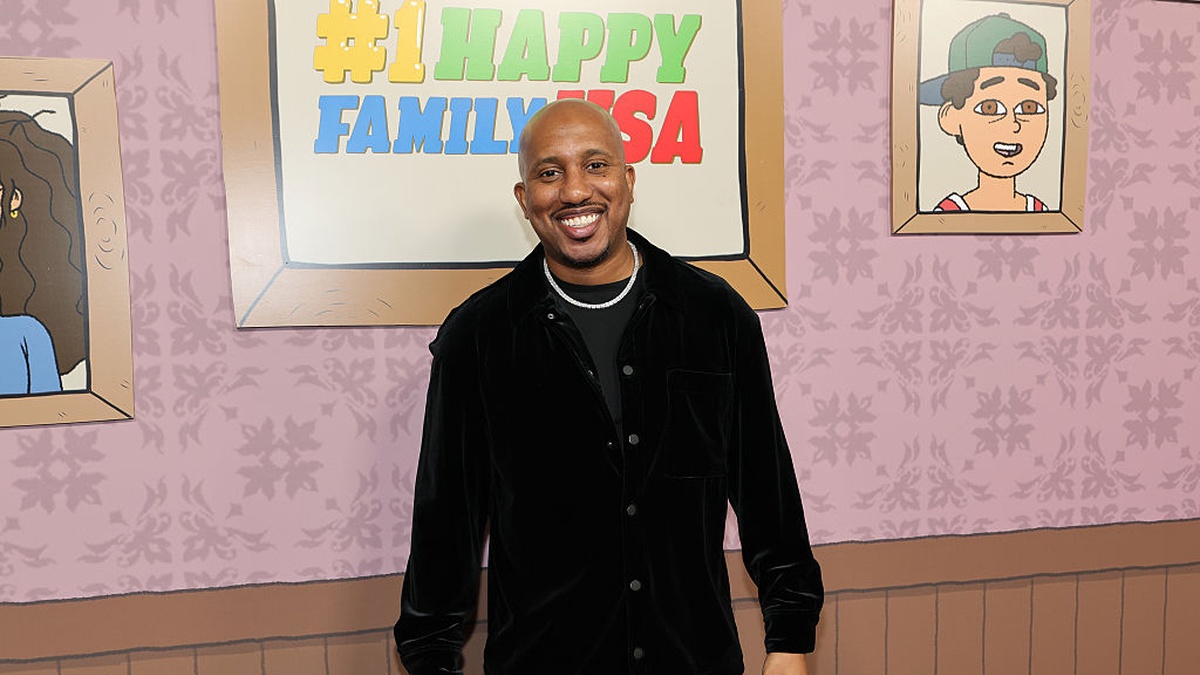


Published: Jul 19, 2023 02:58 pm